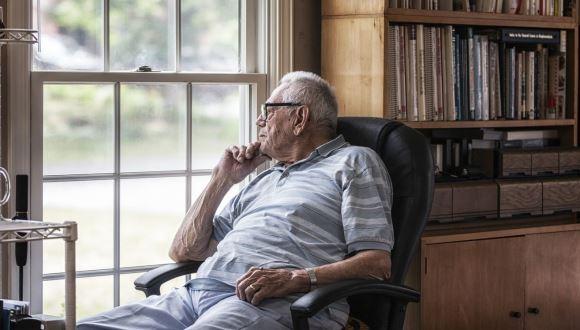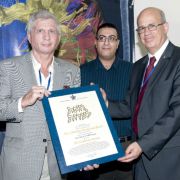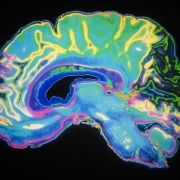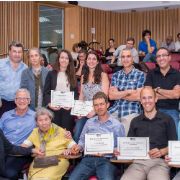What if…time doesn’t heal?
At a conference held by TAU’s Herczeg Institute on Aging, researchers presented a study that counters commonly-held beliefs on happiness among the aged. Whereas older people have been typically characterized as either resilient or vulnerable, the researchers found that these two characteristics are intertwined among aging populations facing particular hardships.
Psychological well-being in older people – defined by the study as 50 years and older– is thus more complex than previously believed, according to Prof. Dov Shmotkin, the study’s principal investigator and Director of the Herczeg Institute.
The basic assumption of the study was that psychological systems that facilitate happiness, such as a subjective sense of well-being or meaning in life, regulate our perception of potentially negative situations (known as the “hostile-world scenario”). In other words, most people can negotiate between their happiness-promoting capacities and hostile scenarios so that the good outweighs the bad in their lives.
What the study determined, however, was that these dynamic mechanisms exist in older people in more complicated ways than academics previously thought.
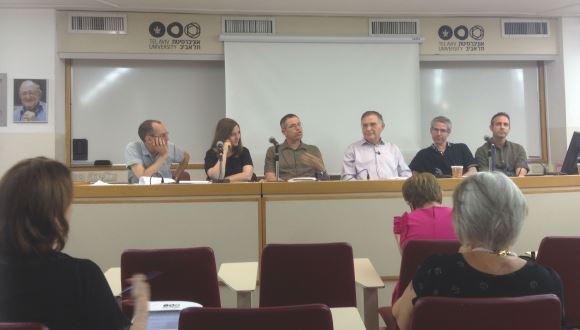
Panel discussion of experts on aging
One notable finding is that contrary to the popular adage, time does not heal. Dr. Kfir Ifrah, the study’s director, and researcher Dr. Rinat Lifshitz explained that there’s a distinction between daily function and happiness in the aging populations that were studied. For example, as more time passes after a child’s death, bereaved parents report better daily functioning (manifested by less depression and anxiety) but also decreased satisfaction with life. This finding is especially relevant in Israel, where an astounding 30% of older people are bereaved parents.
Additionally, the study found that the poor are able to use happiness-promoting systems more effectively than the non-poor in old age to overcome perceptions of a hostile world, according to Noam Markovitz, a co-investigator in the study.
The study investigated four groups of older people in Israel: bereaved parents, the poor, the handicapped and homosexual men. In the bereaved group, the researchers decided to study cases of death resulting from a disease or accident, as opposed to military or terror deaths, which have been widely studied in Israel.
The Herczeg researchers chose these groups because they are paradigms for major human challenges. The team wanted to explore the implications that these challenges have on the aging process, using psychosocial and health-related perspectives.
Research on aging is especially important as the elderly population in Israel and the world grows rapidly. This increase has significant psychological, social and economic consequences for all societies. In Israel, the older population is characterized by an accumulation of negative life experiences such as the Holocaust, immigration, wars and multiple losses.
At the conference, Shmotkin explained that the objective of the study, titled “Aging in a Hostile World: Resilience or Vulnerability?”, was to give the target groups a voice and raise awareness of their circumstances and needs. Understanding the elderly is critical in helping them age successfully and with dignity, he stressed. Further, Dr. Irit Bluvstein, another member of the team, explained that an integral part of the research was approaching the traumatized older people in a sensitive way.
“This research is very valuable,” said a conference attendee, a social worker who runs a day center for the elderly. “It’s critical that we translate these findings into practice.” Indeed, the researchers and additional experts on trauma and aging from other universities pointed to possible applications, such as training vulnerable aging populations to use compensatory strategies for their own benefit as well as to encourage more thoughtful views that identify resilient options in the midst of adversity.
The Herczeg Institute at Tel Aviv University fosters interdisciplinary research on aging under the joint direction of the Sackler Faculty of Medicine and the Gershon H. Gordon Faculty of Social Sciences. With experts in social and health sciences, it aims to develop and advance knowledge on aging and old age as well as to provide better coping tools for older people to improve their physical, mental and social conditions.


